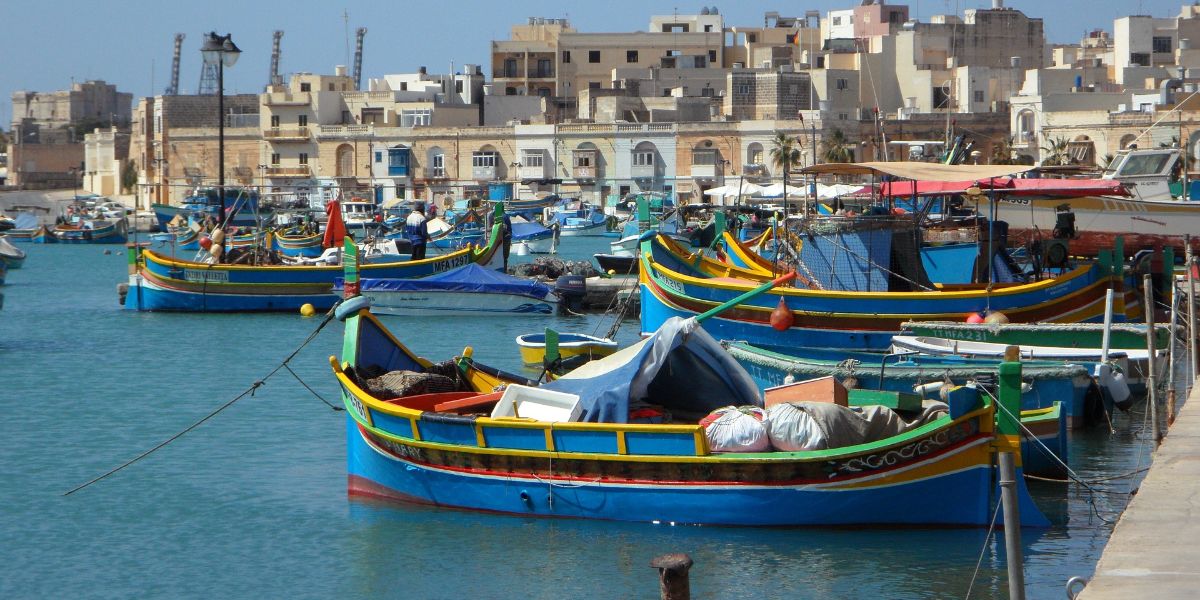On November 17, 2014, the Minister for Finance, Edward Scicluna presents the Budget for 2015. It constitutes the first annual budget within the context of the independently endorsed National Medium-Term Fiscal Plan presented last April, and the recently enacted Fiscal Responsibility Act. It is also based on the Draft Budget Plan published in mid-October in line with the requirements of the Fiscal Responsibility Act.
Economic growth is projected to reach 3.0 percent in 2014 and accelerate further to 3.5 percent in 2015. The Maltese economy is expected to continue growing over the 2016-2017 period, rising by 3.4 percent in 2016, and slowly converge to its potential and reach 2.9 percent in 2017. Employment growth is expected to maintain a strong momentum and rise by an average of 2.0 percent in 2014 and 2015. Inflation should remain relatively low during this year at an average of 0.7 percent but is expected to increase moderately to 1.5 percent in 2015.
After bringing the deficit down from 3.7 percent in 2012 to 2.7 percent of GDP in 2013. The Government is aiming to reach a deficit target of 2.1 percent of GDP for this year, and to continue on this path of fiscal consolidation and further reduce the deficit to 1.7 percent of GDP in 2015.
A number of structural reforms, particularly in the transport and energy sectors, are expected to exert a notable impact on public finances. On the other hand, a number of fiscal consolidation measures are envisaged in order to mitigate the impact of higher expenditure commitments. The fiscal targets in the 2015 Budget will also be supported by a range of structural economic policies as presented in this year’s National Reform Programme. These include the implementation of a number of supply-side policies aimed at raising the country’s potential growth whilst ensuring responsible environmental management and social cohesion.
Against this background, the Budget for 2015 is based on the strategy of making work pay. This will be achieved by ensuring that the social security system positively incentives work effort and discourages dependency, while introducing measures to strengthen social cohesion and reduce poverty for families on low income. Strengthening the skill and educational levels of the workforce will also be given priority.
Furthermore, the Budget for 2015 aims to enhance the competitiveness of the Maltese economy through a number of public private partnerships, reduction in utility tariffs and other incentives to encourage entrepreneurship.












